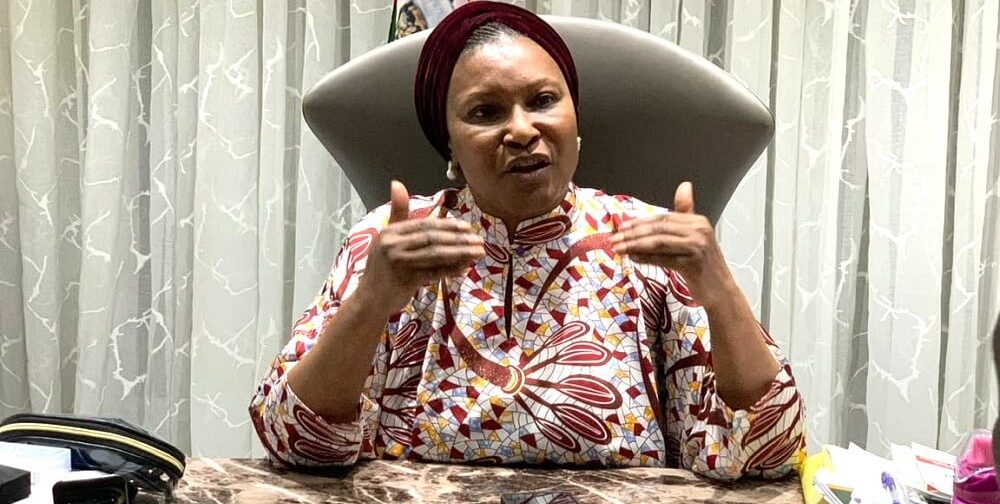
In this essay, we will discuss the impacts of women’s participation in Nigerian politics. Women participation in politics in Nigeria has been a topic of discussion and concern for many years. Despite the fact that women make up approximately 50% of the population, their participation in politics is significantly lower than men’s. In Nigeria, there are many cultural, social, and economic barriers that limit women’s participation in politics. These include gender discrimination, lack of education and training, poverty, and cultural beliefs that prioritize men’s leadership and decision-making roles.
However, there have been efforts to increase women’s participation in politics in Nigeria. In 2010, the Nigerian government passed the National Gender Policy, which aims to promote gender equality and women’s empowerment in all sectors, including politics. Additionally, various organizations, such as the Women’s Rights Advancement and Protection Alternative and the Nigerian Women’s Trust Fund, have been working to support and encourage women’s political participation in Nigeria.
Despite these efforts, women are still underrepresented in Nigerian politics. In the 2019 elections, women held only 4.3% of the seats in the National Assembly and 6.7% of the seats in state assemblies. To increase women’s participation in politics in Nigeria, there is a need for more targeted policies and programs that address the specific barriers that women face. This could include increasing access to education and training, providing financial support for women candidates, and implementing affirmative action policies that ensure a certain percentage of political positions are reserved for women.
The 2023 election puts women’s representation in the 10th Assembly at 3.62%, although there are Senatorial Districts and Federal Constituencies areas where supplementary elections are yet to be held. The participation of women in Nigerian politics has increased significantly in recent years, and this has had a significant impact on the country’s political landscape. Although women’s political participation is still relatively low compared to men, there has been progress in recent years, with women being elected to positions of power at all levels of government. Here are some of the impacts of women’s participation in Nigerian politics.
Women’s participation in Nigerian politics has led to the promotion of gender equality and women’s rights. Women in positions of power are more likely to advocate for policies that promote gender equality and protect women’s rights.
For instance, Nigerian women in politics have advocated for the implementation of policies and laws to combat violence against women, increase women’s access to education and healthcare, and promote women’s economic empowerment. Women in power are more likely to understand the challenges that women face and are therefore better placed to advocate for policies that promote gender equality.
The increased participation of women in Nigerian politics has had a positive impact on the country’s development. Women have played a significant role in the development of their communities, and their participation in politics has enabled them to contribute to the development of their constituencies.
Women in power have been instrumental in the implementation of development projects that have had a positive impact on the lives of their constituents. For instance, women in power have been at the forefront of campaigns to improve access to healthcare, education, clean water, and sanitation in their communities.
Women participation in Nigeria politics has challenged the traditional patriarchal system. Nigeria is a deeply patriarchal society, and women have historically been excluded from political and economic power.
However, women’s participation in politics has challenged this system and has enabled women to break down traditional gender roles. Women in power have become role models for young girls and have inspired them to pursue careers in politics and other male-dominated fields.
Women’s participation in Nigerian politics has led to the diversification of political leadership. Women bring a different perspective to politics, and their participation has led to a more inclusive and diverse political landscape.
Women in power have been instrumental in the implementation of policies that promote social inclusion and address the needs of marginalized communities. For instance, women in power have advocated for policies that address the needs of women, children, and persons with disabilities.
Women’s participation in Nigerian politics has had a significant impact on the country’s political landscape. Women in power have advocated for policies that promote gender equality and protect women’s rights. They have played a significant role in the development of their communities and have challenged the traditional patriarchal system. Women in power have become role models for young girls and have inspired them to pursue careers in politics and other male-dominated fields.
However, despite the progress made in recent years, women’s participation in Nigerian politics is still relatively low compared to men. Women face significant challenges when it comes to participating in politics, including cultural and societal norms, discrimination, and violence. Women who dare to challenge the traditional patriarchal system face backlash and resistance from society. They are often subjected to gender-based violence, including physical, verbal, and psychological abuse.
Moreover, women face significant financial barriers when it comes to participating in politics. Political campaigns in Nigeria are often expensive, and women are less likely to have access to the financial resources needed to run successful campaigns. This means that women are often unable to compete with their male counterparts, who have access to more significant financial resources.